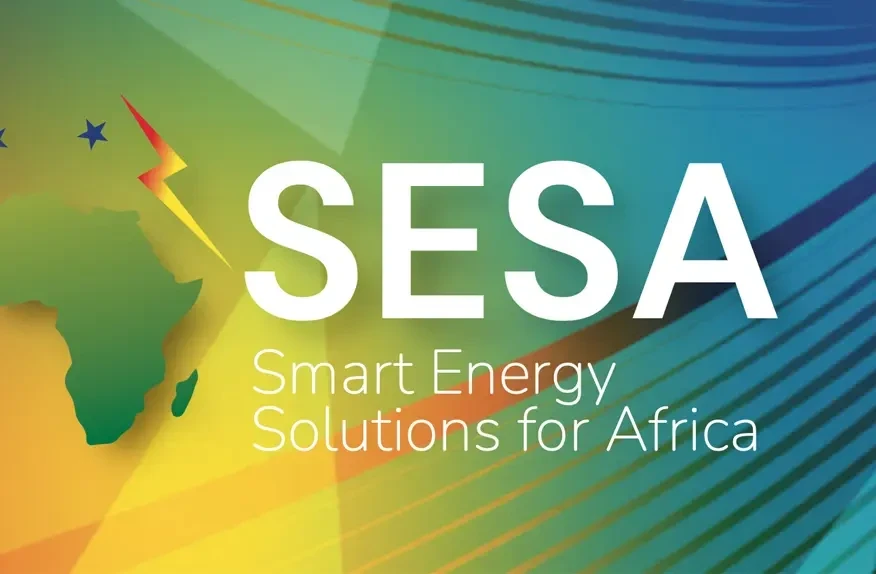SESA is a collaborative project to develop Smart Energy Access Solutions for Africa

SESA is a collaborative project between the European Union and nine African countries (Kenya, Ghana, South Africa, Malawi, Morocco, Namibia, Tanzania, Rwanda and Nigeria).
SESA: a collaborative project between the European Union and nine African countries to develop Smart Energy Access Solutions
SESA is a collaborative project between the European Union and nine African countries (Kenya, Ghana, South Africa, Malawi, Morocco, Namibia, Tanzania, Rwanda and Nigeria) that aims at providing energy access technologies and business models that are easily replicable and generate local opportunities for economic development and social cohesion in Africa.
SESA will facilitate a structured co-development process, which starts with the co-development of energy access innovations that have a high potential for take-up and are tested, validated, and later replicated. These solutions will include decentralised renewables (solar photovoltaics), innovative energy storage systems including the use of second-life electric vehicle batteries, smart microgrids, waste-to-energy systems (biomass to biogas), climate-proofing, resilience and adaptation, and rural internet access.
Each technology will be demonstrated in the living lab, and a corresponding information and training package is created. Each living lab team will consist of technology experts, local implementation partners (members of the consortium) along with local authorities (associated partners) and innovators (recruited through the seed-funding call), guided by business development, finance, and policy experts. Demonstration actions will aim to test innovative technologies and services in different contexts that have a high level of replicability and a high potential for long-term sustainability.
The project aims to achieve a high level of replicability of actions. As part of an effort to go beyond the state of the art and maximize the project’s impact, the project will co-develop innovations with local partners and cooperate closely with sister projects to exploit synergies. Solutions that will be tested in this project have been selected based on their replication potential. Demonstration concepts aim to integrate several solutions to provide essential energy services to rural and urban communities and create easily replicable business opportunities for local entrepreneurs.
The co-development demonstration actions will be initially tested in a Kenya living lab and based on the initial learnings, various aspects of the tested innovations will be validated in living labs in different socio-economic operating environments (Ghana, South Africa, Malawi, and Morocco). The learnings from the validation living labs will strengthen the applicability and replicability of the technologies as well as the basic business concepts, which will be shared in the SESA Toolbox and incubator programme.
Running from October 2021 until September 2025, SESA is the result of a strong partnership between leading European and African universities, research centres, industry actors, local governments, knowledge and implementation organizations and networks. These will be strengthened via peer-to-peer exchange, policy dialogues, regional and international events among others.
This project has received funding from the European Union’s Horizon 2020 research and innovation programme under grant agreement No. 101037141. This material reflects only the views of the Consortium, and the EC cannot be held responsible for any use that may be made of the information in it.
Social Media channels
- Visit us at https://sesa-euafrica.eu/
- Facebook: https://www.facebook.com/sesaproject
- Twitter: https://twitter.com/sesa_project
- LinkedIn: https://www.linkedin.com/company/sesa-project/
